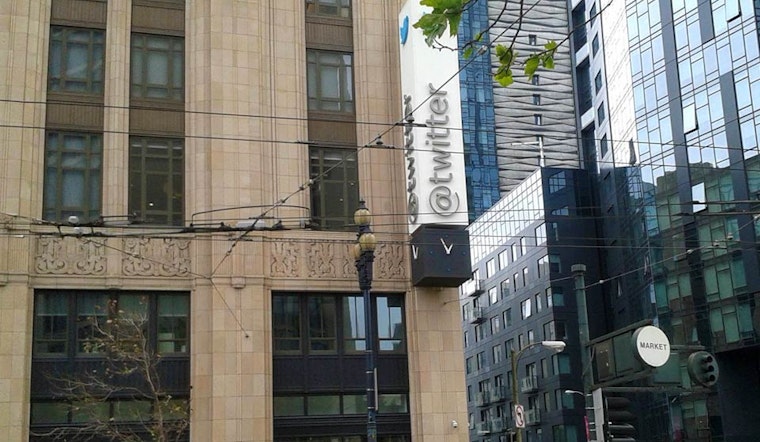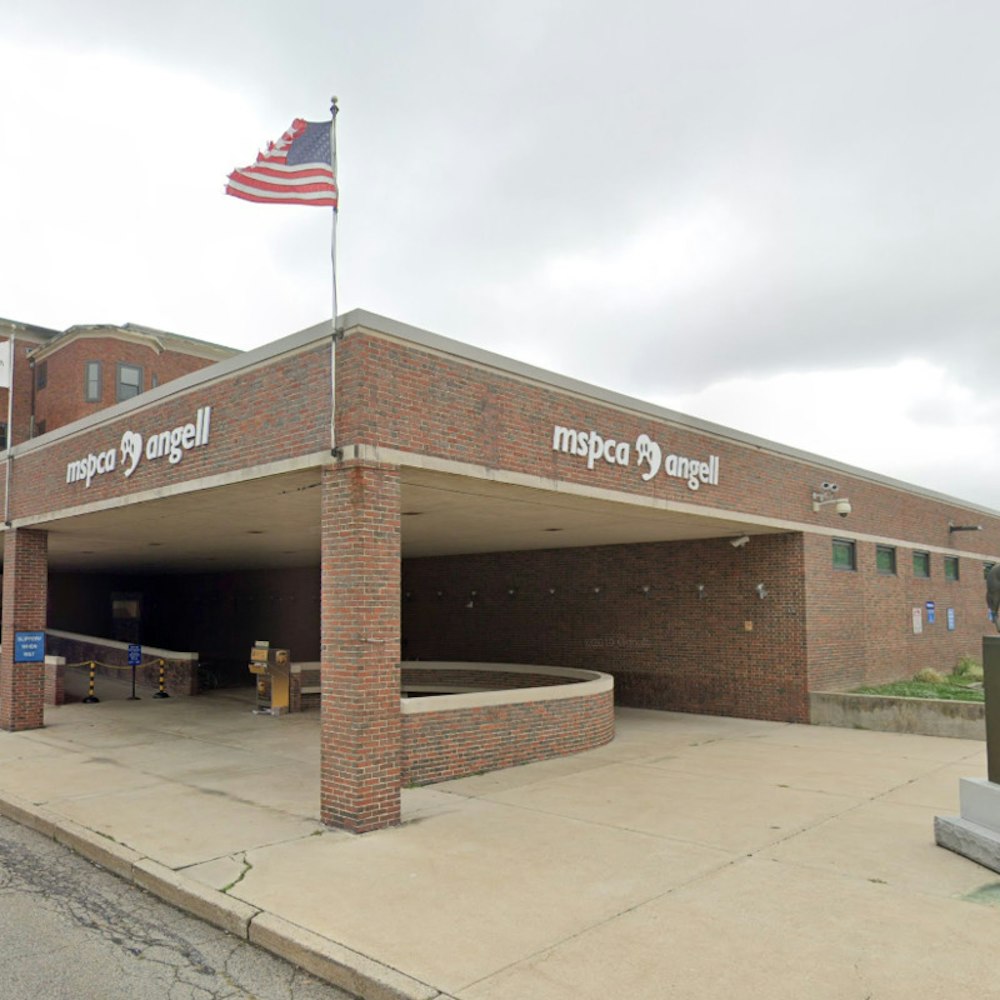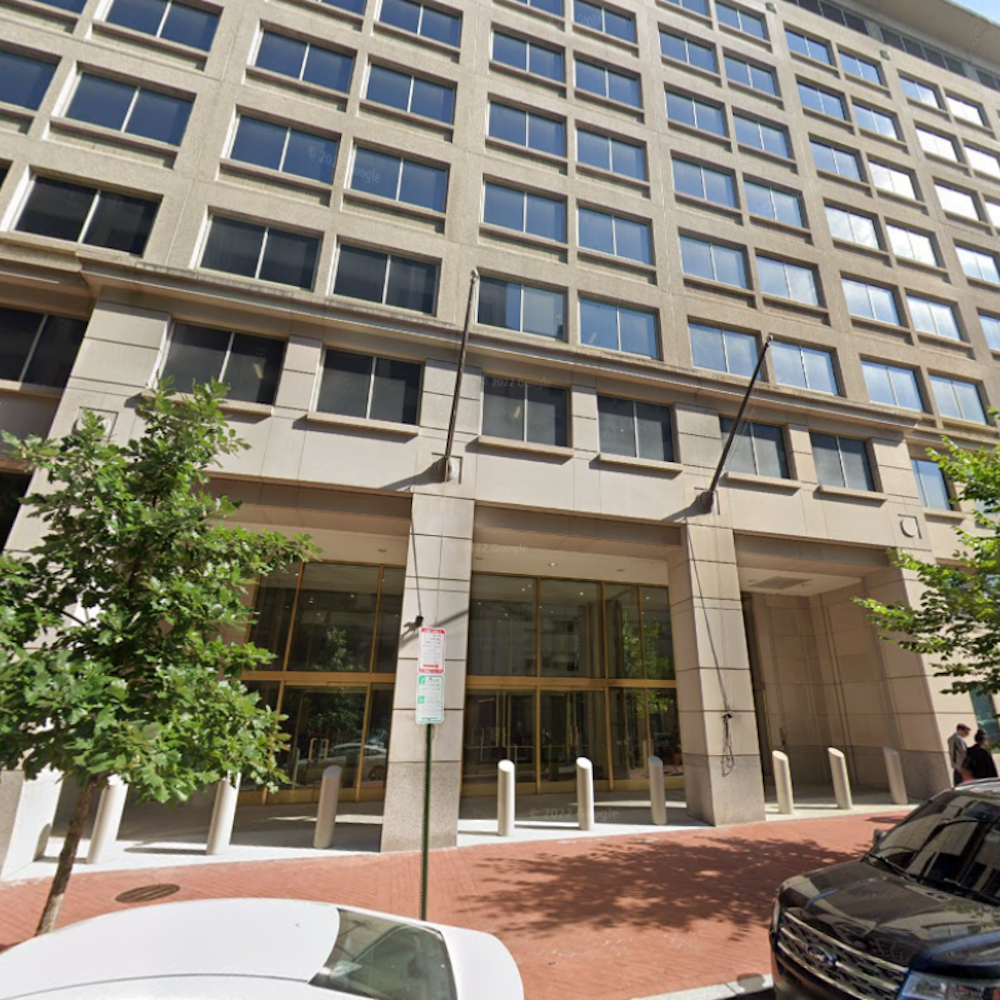
The Citizen's Advisory Committee For the Central Market and Tenderloin Area held its monthly meeting at City Hall on Sept. 3rd. The committee, appointed by the Board of Supervisors, makes recommendations to the Board, the Mayor and city administrators regarding issues relevant to the Mid-Market and Tenderloin areas. Mid-Market, like many of the City's urban centers, is seeing a huge spike in upscale development, skyrocketing rents, and longtime residents being forced out of the area.
The general consensus among affordable housing advocates is that tech companies—in particular Twitter, which received huge tax breaks from City Hall as an incentive to move into its current headquarters at 10th and Market—are causing the Mid-Market housing crunch. And many advocates believe that extreme rents are a non-issue for tech companies and their well-paid workers.
Not so fast, says the tech community.
Representatives from companies including Twitter, Zendesk, and Spotify addressed the committee at Thursday's meeting. Also present was Hospitality House, a Tenderloin drop-in center, employment and shelter program and art studio for the neighborhood's poor and homeless. Hospitality House has been around since 1967, when its primary outreach was to queer youth, but now serves other demographics as well.
"We used to get hundreds of applications for available positions," Hospitality House's Alan Manolo said as he addressed the committee. "Now we only get a small handful. This is due to affordability."
Manolo said that the non-profit organization has seen many resignations from staff who can no longer afford to live in the city.
"The people who left love Hospitality House," Manolo said. "Some staff have used our programs. Just last week we had four staffers resign, one is moving out of state."
Others, Manolo said, commute to work from far reaching but more affordable locales such as Stockton or Antioch. He also pointed to the city's cultural shift.
"I moved to San Francisco in 1986," he said. "I loved the city's sense of bringing in people who've been ostracized. There was a sense of funkiness, but that's ended."
Manolo noted that in recent years he's become aware of his race and skin color as the City changed. "For the first time people are treating me like a second class citizen," he said.
Some tech company employees at the meeting shared Manolo's sentiments. Spotify's Mo Tracy informed the committee that she was leaving Spotify for a better-paying job. "I'm concerned for the cost of living and with saving for my future," she said.
She also said that only 33% of Spotify employees were satisfied with life in San Francisco. "There's a sense of resentment that this is the way it is," she said. "People are scared. It's bad and it's getting worse."
"This affects all of us," said Tom Tarantino of Twitter. "For some of us it's survivable. For many it is not."
Tarantino said that Twitter was having difficulty getting workers from the company's 35 offices around the world to transfer to company headquarters in San Francisco. "They have to come months in advance because the housing costs are so different," he said. "It's hard to wrap your brain around it."
Housing costs, Tarantino feels, are also destroying any sense of community the neighborhood once had. "Teachers, police, firemen, all the things that make for a unified community are starting to suffer," he said. "Even if you can afford to live here you don't want to because you don't have access to the things that make a community."
Brian Chew, Director of the Mayor's Office of Housing, also attended the meeting. He said that his office was looking into the displacement of non-profits, like Hospitality House, from the area.
Possible solutions, Chew suggested, might be financial and technical assistance, and zoning modifications which could help non-profits continue serving the people in the area who need them.
The committee listened carefully and agreed that there would be no easy fix. It was decided that the next monthly meeting would begin the process of setting up round table discussions relating to affordability. Local residents, tech companies and the media would be encouraged to attend. People were also encouraged to make their voices heard by contacting their Supervisors, other City Hall officials, and by voting on Election Day.
Finally, Zendesk's Tiffany Apczynski announced that Zendesk will be hosting a panel on family flight next week. The panel will take place on Tuesday, Sept. 8th at the company's headquarters (1019 Market St.) at 7pm, preceded by a reception at 6pm.









